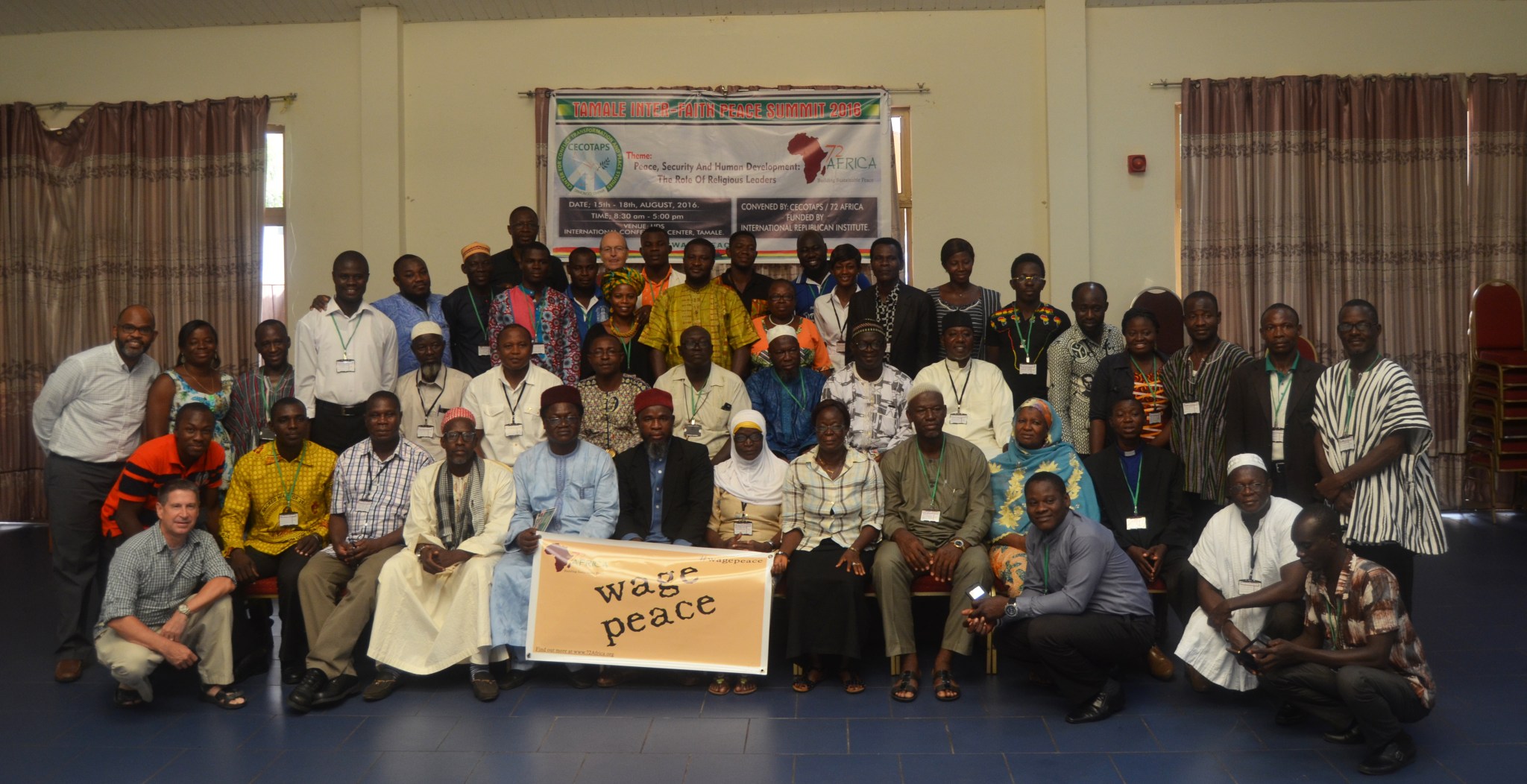
On December 7, Ghanaians will go to the polls to vote in key presidential and parliamentary elections, marking the eighth elections since its transition to democracy in 1992. While the process is expected to run smoothly, concerns remain over Ghana’s election security, youth participation and women’s representation.
Over the past 28 years, Ghana has established itself as a stable democracy that is often cited as an example for its less democratic neighbors or those vulnerable to backsliding. After seven elections, the country’s electoral processes have fallen into a familiar pattern, with 29 registered parties and a political landscape dominated by the New Patriotic Party (NPP) and the National Democratic Congress (NDC). Since 1992, the NPP and NDC have peacefully alternated power three times, and this election is projected to be another democratic face-off between incumbent President Nana Akufo Addo of the NPP and former President John Manhama of the NDC.
For all this progress, Ghana’s impressive democratic development is not without its challenges. With elections less than a week away, here are three key issues to watch that will have important consequences for Ghana’s continued path to democracy:
Election Security
While Ghana’s elections have historically been peaceful, limited violent incidents have occurred before, during and after elections, including a recent clash between NPP and NDC supporters that left six people injured. Vigilante groups have become an unfortunate reality of Ghana’s political landscape, often acting on behalf of political parties to protect supporters and intimidate opponents. To eliminate electoral violence in previous elections, presidential candidates signed peace pacts that play an important role in ensuring all stakeholders accept the election results. This process, however, was not initiated ahead of Monday’s election, and uncertainty remains regarding how stakeholders will react when election results are announced.
Youth Participation
With 57 percent of the population under 25 years of age, Ghana’s youth make up a significant voting bloc that has the potential to decide the outcome of Monday’s election. Although the NPP and NDC are appealing to young people by prioritizing issues like employment and education, there are few opportunities for youth to become active participants in the political sphere. For instance, a recent survey shows that reverence to elders is a significant aspect of Ghanaian society, with a majority of respondents agreeing that one should listen to the “wisdom of elders” over the youth. As a result, youth have shown little engagement in Ghana’s political processes, filling just 15 seats in the Sixth Parliament.
Women’s Representation
Despite Ghana’s strong democratic progress since 1992, women’s representation still lags behind Ghanaian men. Although Mahama’s historic selection of Jane Naana Opoku-Agyeman as his running mate makes her the first woman on a major party’s presidential ticket, female representation remains low at all levels of government. In fact, women make up just 13 percent of parliamentary seats today – a figure that is only projected to dwindle with the NPP and NDC fielding fewer women candidates than before. Without deliberate measures to increase women’s participation in political processes, Ghana’s lack of gender equality in politics is not expected to change.
With democracy in retreat across the continent, even a strong democracy like Ghana must take care to reinforce its democratic institutions and processes. Next week’s elections will give a strong indication of where and how Ghana must address institutional weaknesses as it continues its democratic journey.
Top